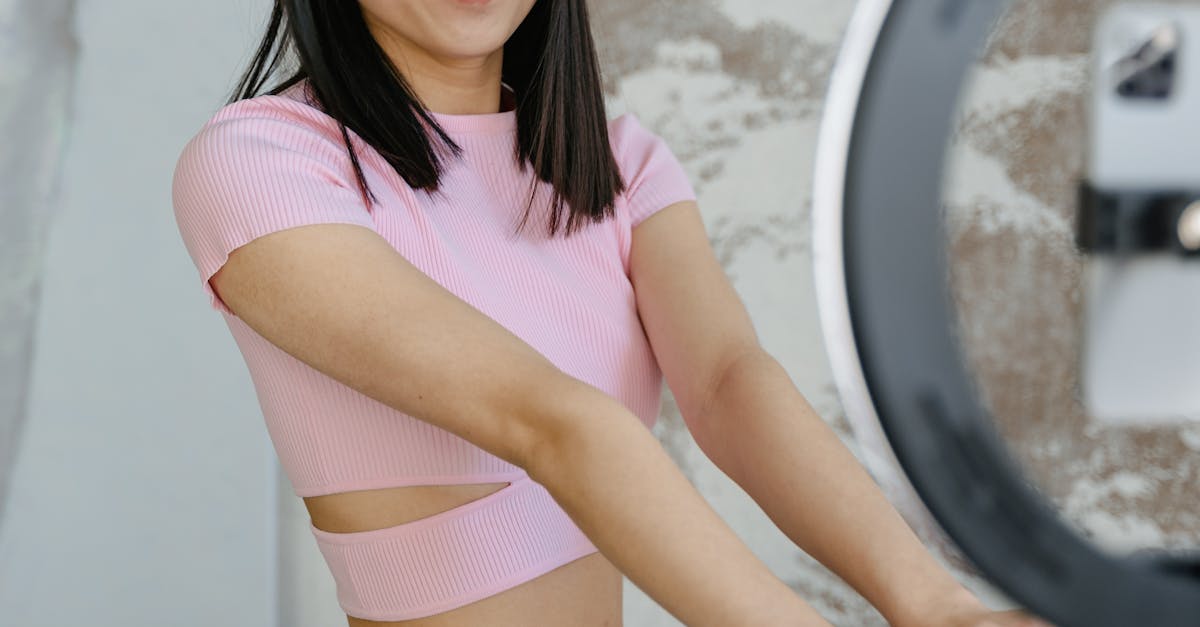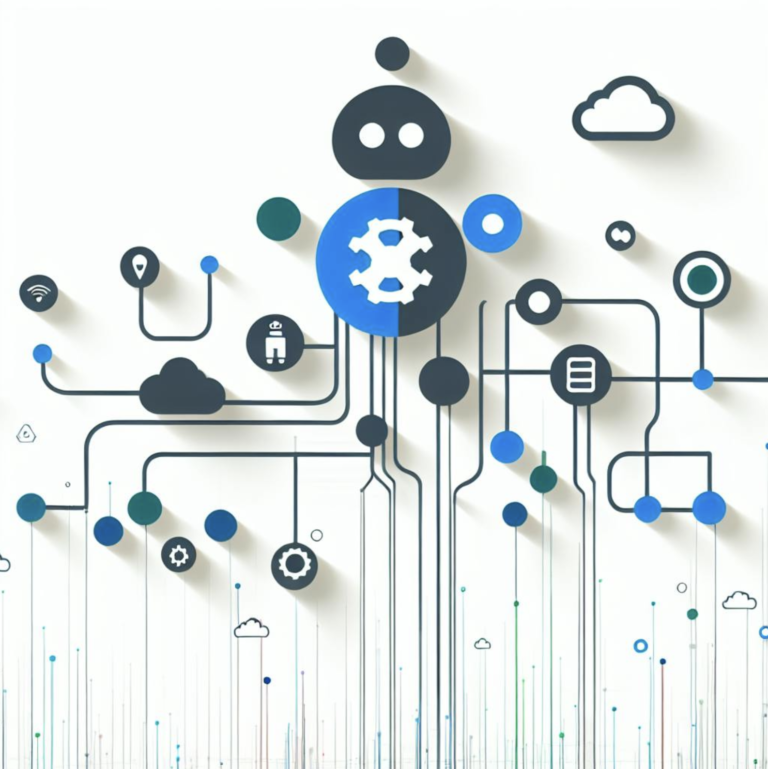Instagram Photos and Videos: Exploring the World of AI Social Media Influencers
Imagine scrolling through your Instagram feed and coming across a stunning image of a stylish young woman posing in a trendy outfit. You might think she’s an influencer, sharing her latest fashion tips or promoting a new brand. But what if she’s not actually real? Welcome to the fascinating world of AI social media influencers, where virtual personas like Lil Miquela (@lilmiquela) are captivating millions of followers and transforming the landscape of influencer marketing.
What Are AI Influencers?
AI influencers, also known as virtual influencers, are computer-generated characters that exist on social media platforms. They engage with followers, promote products, and participate in various digital activities just like their human counterparts. Created using advanced technologies such as CGI (Computer-Generated Imagery), motion capture, and artificial intelligence, these influencers are meticulously designed to mimic human behavior and appeal to specific audiences.
The Rise of a New Digital Phenomenon
The influencer industry has rapidly evolved over the years, becoming a multi-billion-dollar sector. However, the emergence of AI influencers marks a significant shift in how brands connect with consumers. These digital personas offer unique advantages, including the ability to be in multiple places simultaneously, speak different languages, and maintain consistent brand messaging without the risk of human errors or scandals.
Lil Miquela, created by the AI company Brud, is a prime example of a successful AI influencer. Since her debut in 2016, Miquela has amassed millions of followers on Instagram and collaborated with renowned brands such as Chanel, Givenchy, and Calvin Klein. Her social media presence combines fashion, progressive politics, and a fictional narrative that keeps her audience engaged.
Advantages of AI Influencers
- Controlled Image and Messaging: Unlike human influencers, AI influencers can be meticulously controlled by their creators. Brands can dictate every aspect of an AI influencer’s appearance, personality, and content, ensuring precise alignment with their marketing strategies.
- Consistency and Flexibility: AI influencers don’t need rest, vacations, or sick days. They can consistently produce high-quality content and be available for brand campaigns around the clock. This flexibility allows brands to push creative boundaries and explore new marketing possibilities.
- Brand Safety: Human influencers may unintentionally cause brand damage through controversial statements or actions. AI influencers, on the other hand, can be programmed to avoid such pitfalls, offering a higher level of brand safety.
- Appeal to Digital Natives: AI influencers cater primarily to Gen Z and Gen Alpha, who are digital natives comfortable with interacting with virtual entities. For these generations, the distinction between real and virtual is often blurred, making AI influencers particularly appealing.
Challenges and Ethical Considerations
Despite their advantages, AI influencers also raise several ethical and practical concerns. One significant issue is the authenticity of interactions. While AI influencers can simulate human behavior, they lack genuine emotions and lived experiences, which can make their content seem shallow or disconnected from real-world issues.
Furthermore, AI influencers often mimic the physical appearance and cultural aspects of real human groups, leading to debates about representation and cultural appropriation. For instance, the creation of AI influencers modeled after women of color has been criticized for commodifying and trivializing minority cultures without meaningful engagement or support.
Additionally, regulatory bodies are increasingly focusing on transparency and disclosure requirements for AI-generated content. The EU’s AI Act and regulations in the United States mandate clear labeling of AI-generated content to prevent misinformation and build trust with social media users.
Prominent AI Influencers
- Lil Miquela (@lilmiquela): With her blend of fashion, politics, and an engaging fictional narrative, Lil Miquela remains one of the most influential virtual personas on social media.
- Lu of Magalu: Created by Brazilian retailer Magazine Luiza, Lu has collaborated with major brands like Adidas and Samsung and even runs her own YouTube channel.
- Imma: Based in Tokyo, Imma has partnered with brands such as IKEA, Dior, and Nike. She also launched her own fashion brand, Astral Body.
- Noonoouri: Known for her cartoonish appearance, Noonoouri has worked with high-end fashion brands like Dior and Valentino and recently ventured into music.
- Shudu: As one of the most photorealistic AI influencers, Shudu was created by British fashion photographer Cameron-James Wilson and has been featured in campaigns for brands like Balmain.
Streamline Your Business with Cutting-Edge Automation
Empower your business with powerful automation tools designed to enhance workflows, improve efficiency, and drive online impact.
Book a CallThe Future of AI Influencers
The rapid advancements in AI and digital technologies suggest that the presence of AI influencers will continue to grow. Brands are increasingly recognizing the potential of these virtual personas to create unique and engaging marketing campaigns. As AI technology evolves, the line between real and virtual influencers will likely become even more blurred.
However, the human element in influencer marketing remains irreplaceable. While AI influencers can mimic human emotions, humor, and creativity, they lack the ability to truly empathize and connect on a personal level with their audience. This unique human quality ensures that real influencers will always have a place in the digital marketing ecosystem.
Conclusion
AI social media influencers like Lil Miquela are revolutionizing the way brands connect with their audiences. These digital personas offer unparalleled control, flexibility, and consistency, making them valuable assets in the increasingly competitive world of social media marketing. However, it is essential to navigate the ethical and practical challenges they pose to ensure a balance between innovation and authenticity.
As technology continues to advance, the coexistence of human and AI influencers will likely define the future of influencer marketing, offering brands diverse and dynamic ways to engage with consumers in the digital age.







